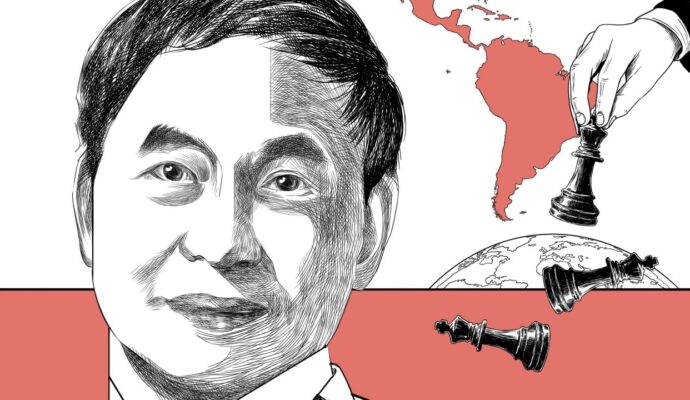The State-owned Assets Supervision and Administration Commission (SASAC) – which oversees 97 large industrial conglomerates – launched a pioneer scheme on Friday for major conglomerates to cultivate unicorn companies and tech start-ups to form clusters and work for new innovations, with the commission promising ample support and resources along the way, state outlet Xinhua reported.
Several up-and-coming tech subsidiaries nurtured under their larger state parents within the past three years made the initial round, including China Telecom’s Telecom Quantum, China Aerospace Science and Technology Corp’s Rocket Medical and an AI-powered geological survey company operating under China Coal Technology and Engineering Group.
“SASAC has given a clear mandate that developing emerging and future industries is a pivotal task. While cultivating start-ups and units within their ecosystems, SOEs will also tap external investment and merger opportunities,” wrote Lin Xipeng, an analyst with China Merchants Securities, in a note on Monday.
Hu Yongjun, an official with the State Information Center under the National Development and Reform Commission – the country’s top economic planner – told state media last week it would be urgent for China to plan in advance to be a leader in the global tech race.
But Fu Weigang, president of the Shanghai Institute of Finance and Law think tank, has questioned whether SOEs – especially the lumbering giants under the central government – will be nimble and flexible enough to lead the hi-tech charge.
“There are risks and uncertainties when SOEs run tech firms. A not so distant example is how the [Communist Party media outlet] People’s Daily spent huge to launch a search engine but failed. There could be a repeat of such failures in realms like AI,” he said.
“One underlying reason is that the core assets of hi-tech firms are usually technologies and researchers, but [they] can be undermined when many SOEs cap pay and bonuses and prioritise other issues over efficiency.”
They may wonder whether government support for them will be pared back to favour SOEs
Alex Ma, an assistant professor of public administration with Peking University, said those prospective “hidden champions” and “little giants” could worry about being left behind as a “national team” of SOEs joins the tech crusade.
“They may wonder whether government support will be pared back to favour SOEs, or even if they will be acquired,” he said.
“The hope is that there could be synergy, as hidden champions and little giants focus on advanced manufacturing while SOEs strive to attain breakthroughs in future industries.”



